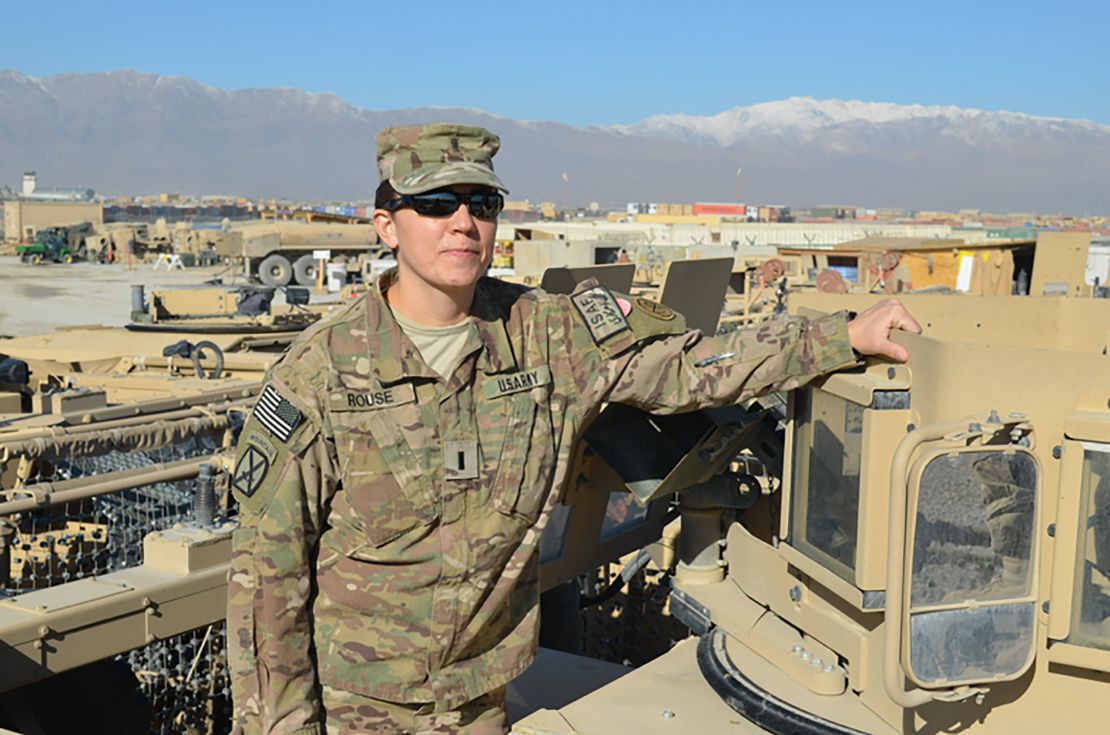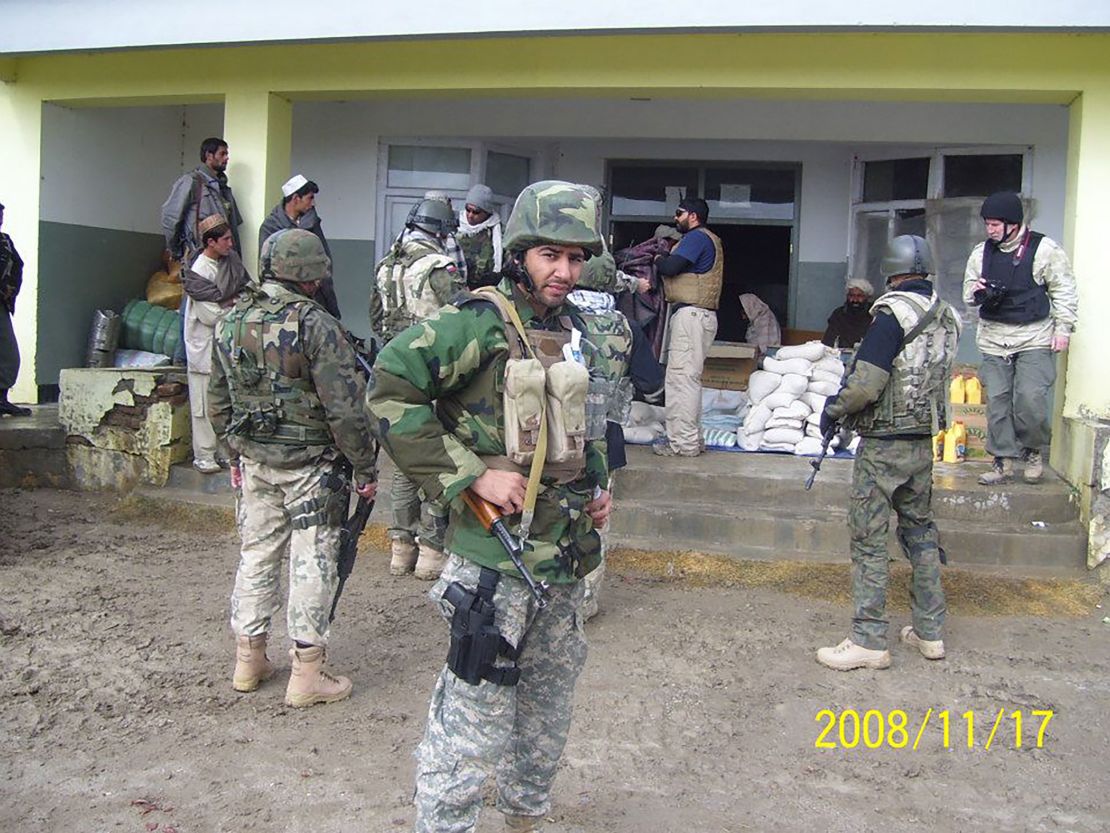In Afghanistan, thousands of translators, cultural advisers and other Afghan support staff who worked and fought alongside American troops will be left to the mercy of the Taliban if the US doesn’t get them out of the country.
For many Afghan war vets here in the US, it’s a violation of a promise at the core of the military ethos: you don’t leave a brother or sister in arms behind.
“There’s a tremendous amount of guilt that goes with it,” says Jason Kander, a former Missouri Secretary of State and Army Captain who served in Afghanistan. “I’m coaching a little league game tonight, and I think about the people who I worked with in the Afghan government and the Afghan military who are probably staying in their houses.”

While the Taliban in Kabul promises amnesty for Afghans who worked with Americans, including at aid organizations or news outlets, there are reports of atrocities outside the capital.
“The Taliban is putting on a good show for the rest of the world because they want us to be talking about a kinder, gentler Taliban,” says Kander. “As soon as the cameras are gone, they are going to be the Taliban … as brutal and horrific and evil as they have always been.”
Veterans who served in Afghanistan are certainly not monolithic in their opinions of the war, but when I spoke to them and their families after the President announced a full withdrawal in April, almost all of them described feelings of relief, more than any other emotion.
For many, those feelings have been erased by this unscripted ending to the war.
Anger, sadness, frustration, rage, helplessness – the reactions have been so overwhelming that as the Taliban was sweeping through provincial capitals earlier this month, the Department of Veterans’ Affairs made a public appeal:
“Veterans should be on the lookout for red flags if news of Afghanistan starts changing behavior. These include isolating, using alcohol and drugs or an increase in unhealthy behaviors compared to normal. This could even include things like excess work or video games,” said the head of the VA’s PTSD Consultation Program in a blog post.
Veterans have been reaching out to each other – conducting “buddy checks” – and posting information on social media about mental health resources and numbers to crisis and suicide hotlines.
7,000 miles away from Kabul, many veterans and civilians who served in Afghanistan are trying to pull off a digital Dunkirk of sorts.
They’re pooling their know-how and connections, trying to get Afghan allies to safety. They’re compiling lists of names, passport numbers and phone numbers of Afghans who may be targeted by the Taliban, calling friends to see if any NGOs are chartering planes and contacting members of Congress as they keep in touch with their terrified friends in Afghanistan.
Just when it seems like their efforts may be significantly less effective than sending civilian sailboats across the English Channel to rescue British forces from France: a glimmer of hope.
“My Afghan Army officer friend and his family made it on base. It’s a huge relief. This is just one story. Let’s keep going,” tweets retired Army colonel Mike Jason, an Afghan war vet.
He tells others trying to help their Afghan colleagues from afar, “Direct them to [the] North Gate [of Kabul airport]. Have food and water. Line is long, but moving and secure.”
Earlier, Jason Dempsey, a former infantry officer who deployed twice to Afghanistan, had put out an all call.
“Two Afghan officers, graduates of West Point, currently with families at [Hamid Karzai International Airport] needing State escort to get past Marines,” he tweeted. “Please DM any appropriate POCs,” later updating that there is a “small army working on this now.” Retired Army Major and veterans advocate Kristen Rouse, who deployed three times to Afghanistan, joined others in circulating instructions on how to delete the digital history of a phone – for Afghans worried the Taliban would check their devices.
She describes the torment of knowing there is no guarantee for the Afghans who put their lives in danger to help America and her.

“Knowing that only the crew are getting the lifeboats … and then for all of our friends who are in the water about to die, they are reaching out to us on social media, telephone, in every way they can, to beg us, to beg us for lifeboats,” Rouse told NPR.
When Matt Zeller was embedded with Afghan security forces in 2008, his translator, Janis Shinwari, saved his life in Ghazni, killing two Taliban who were about to kill him. Shinwari, Zeller said, called American forces “honorable,” and took immense pride in serving with them.
“It feels like a fundamental betrayal,” Zeller says of leaving Afghan partners behind. “So many of us who were working this issue warned for years this was exactly what was going to happen and for the last several months have been pleading with the Biden administration to launch the evacuation they’re now desperately trying to conceive now that the country has fallen.”
“It’s a disgrace,” he says angrily, “a profound shame,” as he calls on the administration to secure safe passage to the airport for Afghans who worked with the US, as well as their family members.

For veterans like Zeller, this is their last stand in America’s longest war.
It’s a war they couldn’t win. But even when you lose a war, there are some very important things you can still keep, or at least hope to: your friends who got you through, your values, your word.
The botched exit in Afghanistan could cost veterans that too.



